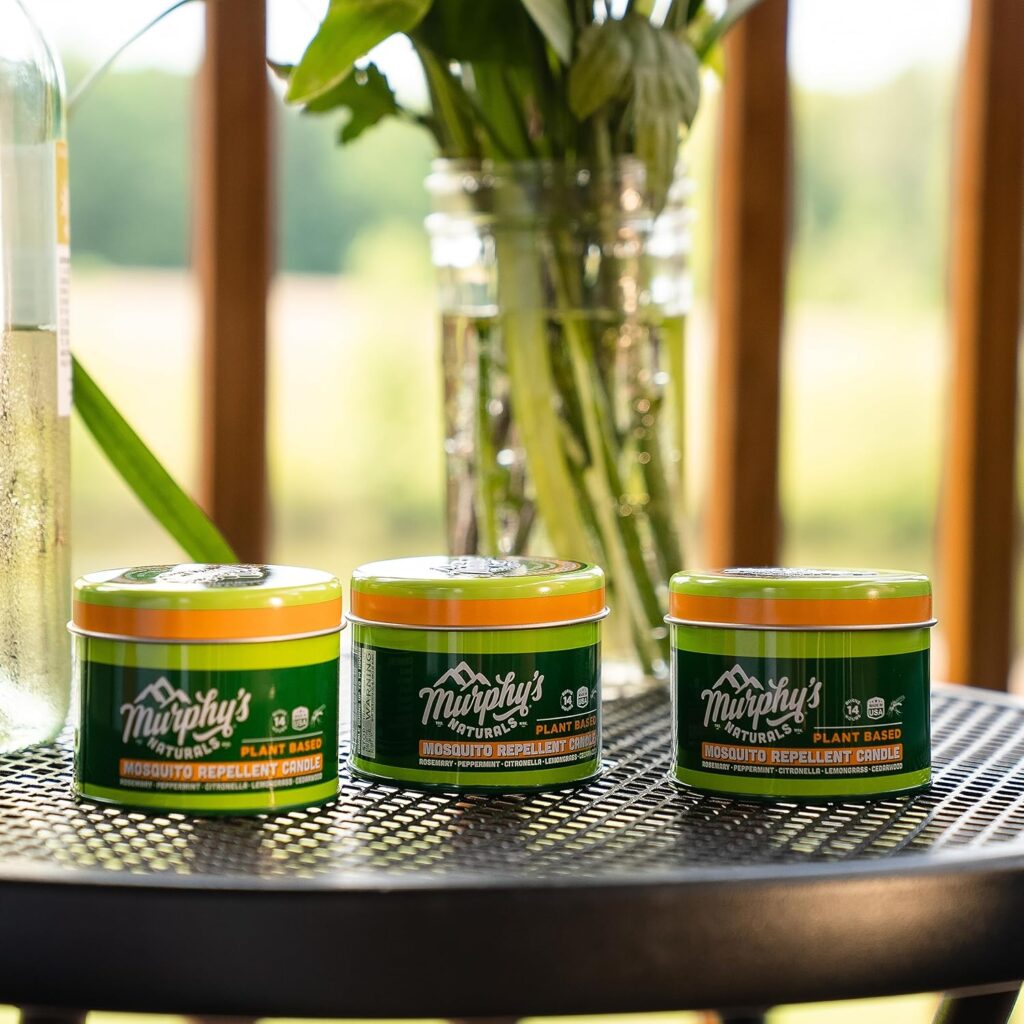The flea life cycle is a fascinating but frustrating process for any homeowner dealing with an infestation. Understanding this cycle is the best way to get rid of fleas and prevent them from returning. Let’s break it down so you can take control and reclaim your home.
Egg Stage
Adult fleas lay tiny white eggs on your pet, which then fall off and scatter throughout your home. These eggs are incredibly resilient and can survive for weeks in carpets, bedding, and even cracks in the floor.
Larvae Stage
After a few days, the eggs hatch into larvae. These worm-like creatures avoid light and feed on organic matter, including adult flea feces (also known as flea dirt).
Pupae Stage
The larvae then spin cocoons and enter the pupae stage. Inside these protective shells, they develop into adult fleas. This stage can last anywhere from a few days to several months, making it a crucial time for intervention.
Adult Stage
Finally, adult fleas emerge from their cocoons, ready to feed on your pet’s blood. This is the stage you’re most likely to notice, as the adult fleas cause itching and irritation.
Breaking the Flea’s Life Cycle
Effective flea pest control involves tackling every stage of the life cycle. Here’s how:
- Treat your pet: Use a veterinarian-recommended flea treatment to kill adult fleas and prevent new infestations.
- Wash everything: Launder pet bedding, blankets, and any fabrics your pet frequents in hot water.
- Vacuum thoroughly: Vacuum your carpets, floors, and furniture regularly to remove eggs, larvae, and pupae. Empty the vacuum bag or canister immediately after each use.
- DIY Flea Treatment: Apply Store-bought insecticides designed to kill fleas in all stages of the life cycle. Follow safety precautions provided by the manufacturer, especially in the areas where pets and children will be.
- Consider professional treatment: If the infestation is severe, a professional pest control service can provide comprehensive treatment and ongoing prevention.
Remember, consistency is key! Keep up with regular cleaning and treatments to prevent future infestations.
Don’t Let Fleas Take Over: The Benefits of Professional Pest Control
While DIY methods can be effective for minor flea infestations, enlisting professional pest control offers numerous advantages that can save you time, money, and frustration in the long run.
- Expertise and experience: Pest control technicians are trained to identify flea hotspots and tailor treatment plans to your specific needs. Their expertise ensures the most effective and efficient approach to eradicating fleas.
- Complete and targeted solutions: Professionals utilize a combination of treatments—including insecticides, growth regulators, and larvicides—to target fleas at all stages of their life cycle. This multifaceted approach provides a more thorough and lasting solution.
- Safety first: Pest control professionals are knowledgeable about the safe handling and application of insecticides, minimizing risks to your family, pets, and the environment.
- Time and cost savings: While professional services may seem like an initial investment, they often save you money in the long run. DIY methods can be time-consuming and may require multiple treatments, ultimately costing more.
- Peace of mind: Knowing that your flea problem is being handled by experts allows you to relax and enjoy your home without the stress and worry of ongoing infestations.
Professional pest control isn’t just about eliminating existing fleas—it’s about preventing future infestations. By investing in professional services, you’re safeguarding your home and loved ones from the discomfort and potential health risks associated with fleas.
Need a Helping Hand?
Feeling overwhelmed by fleas? We’re here to help. Get in touch with us for expert advice and professional flea pest control services.








